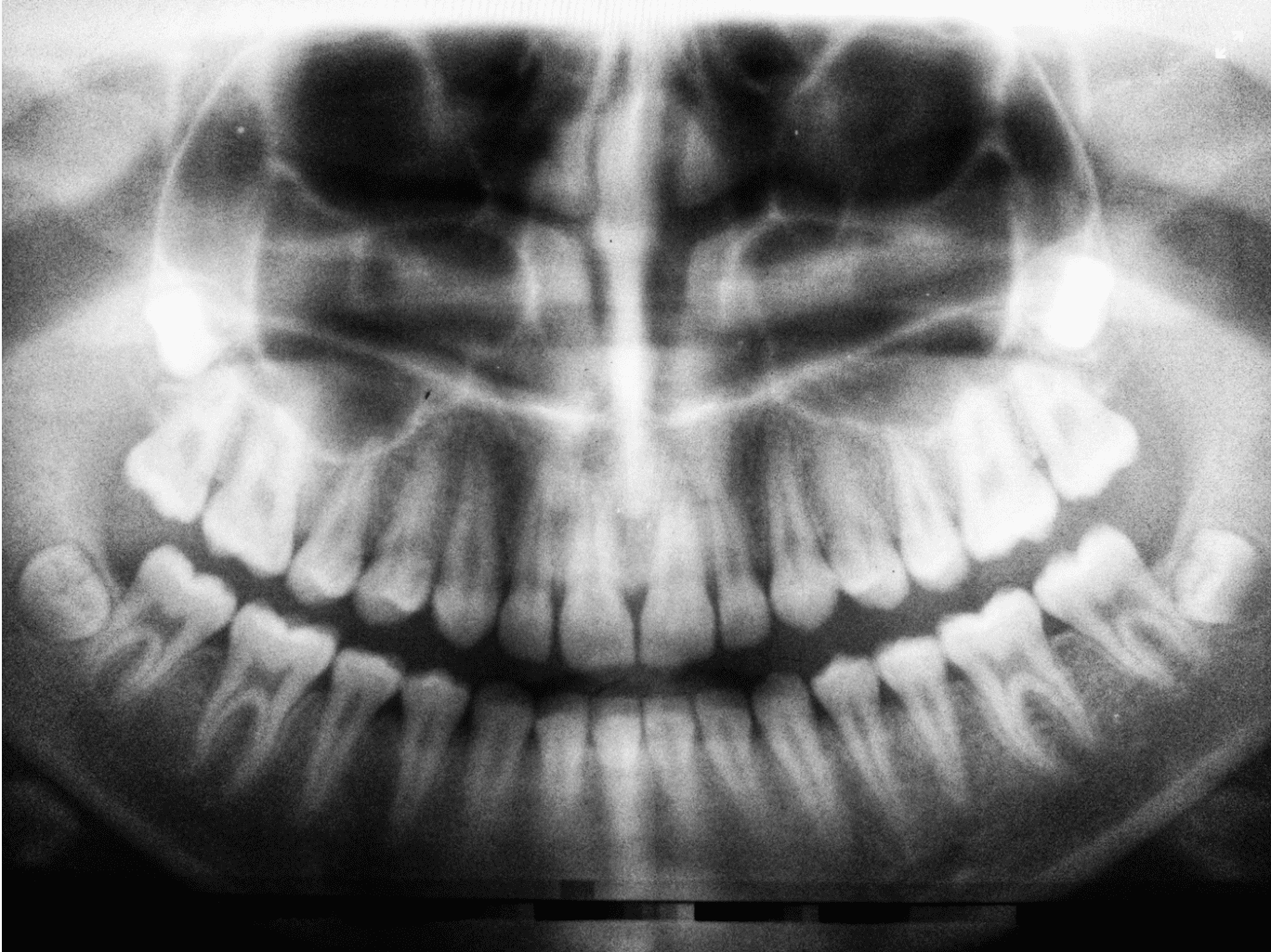When people think of the kinds of medical emergencies that require immediate attention and have the potential to do real damage, they rarely envision dental issues.
But while a chipped tooth or a gum infection may not appear, at first glance, to be the most melodramatic of health issues, these sorts of dental emergencies can cause real trouble if left unattended and untreated — ranging from permanent harm done to the jaw and teeth, to systemic infections and illnesses that — in the most extreme of cases — can even be fatal.
It’s for this reason that leading medical organisations and resources advise people to take immediate steps when faced with dental emergencies, and why dental hygiene is considered to be of such extreme importance in survival situations.
Here are a few things you should do if you have a dental emergency.[1]

For loose or dislodged teeth…
If your tooth is knocked out, you absolutely must act fast if you want to save it. Statistically speaking, the odds of a dentist being able to save a missing tooth increase dramatically if the tooth can be successfully reinserted within one hour of it being knocked out.
The first step is to collect the tooth (while being careful not to grab it by the root) and rinse and debris off of it, with clean water. Do not attempt to scrub the tooth — and definitely don’t remove any flesh or tissue from the root.
Your first step should be to try and replace the tooth in its socket, yourself. When doing this, be sure to position the tooth the right way around and don’t attempt to force it into place.
If the tooth doesn’t fit back in place, store it in a glass of milk, special tooth-saving solution, or water and salt, and get it down to the dentist as soon as possible.
If your tooth is loose, apply a cold compress to the outside of your cheek near the affected area.
In all cases, take over-the-counter painkillers as needed, and arrange an emergency appointment with your dentist as soon as you possibly can.
For damaged dental fittings and equipment…
Having a filing come out is one of the more common dental issues that you’re likely to face at some point in your life. Although this can be a troubling an unpleasant experience, it’s generally not so serious if seen to quickly.
The first thing to keep in mind if a filling comes out, is that you want to protect the cavity from food or other unwelcome particles. An over-the-counter dental cement is the best short term solution, but if that’s not available, blocking the cavity with sugar-free chewing gum can work at a pinch.
The sooner you get down to your dentist and are able to have the filling replaced, the lower the likelihood of any further complications.
In the case of braces becoming damaged, things are generally a bit riskier and more complex.
If the wire on your braces becomes broken and sticks out at an uncomfortable angle, you should first attempt to gently push it into a more comfortable position using something soft like the eraser end of a pencil.
Under no circumstances should you ever cut the wire, as this could easily result in you swallowing or inhaling a small fragment of it, and damage your lungs or digestive tract.
If the wire can’t be pushed into a better position, try to cover it up with something like orthodontic wax until you’re able to have it repaired by your orthodontist.
For dislodged crowns, it’s a good idea to numb and clean the area with clove oil. If you still have the crown, you can try to stick it back into place temporarily with either toothpaste or dental cement, until you’re able to see your dentist.
Of course, it should go without saying that it’s important to see your dentist as soon as possible.
For soft-tissue injuries…
Injuries to the soft tissue of your mouth — including tongue, gums, cheeks and lips — can cause bleeding, infection, and a host of other problems.
The first step in dealing with these issues should be to rinse your mouth with salty water to disinfect the area. Then, apply careful pressure and cold water to staunch the bleeding.
If you suspect you’ve cut your mouth badly, get it seen to quickly by a trained Accident and Emergency team.
If the damage is superficial, keep cleaning and treating the area until the bleeding stops — and clean your mouth diligently and periodically until the wound has healed.
________________
[1] Information sourced from https://www.webmd.com/oral-health/guide/handling-dental-emergencies